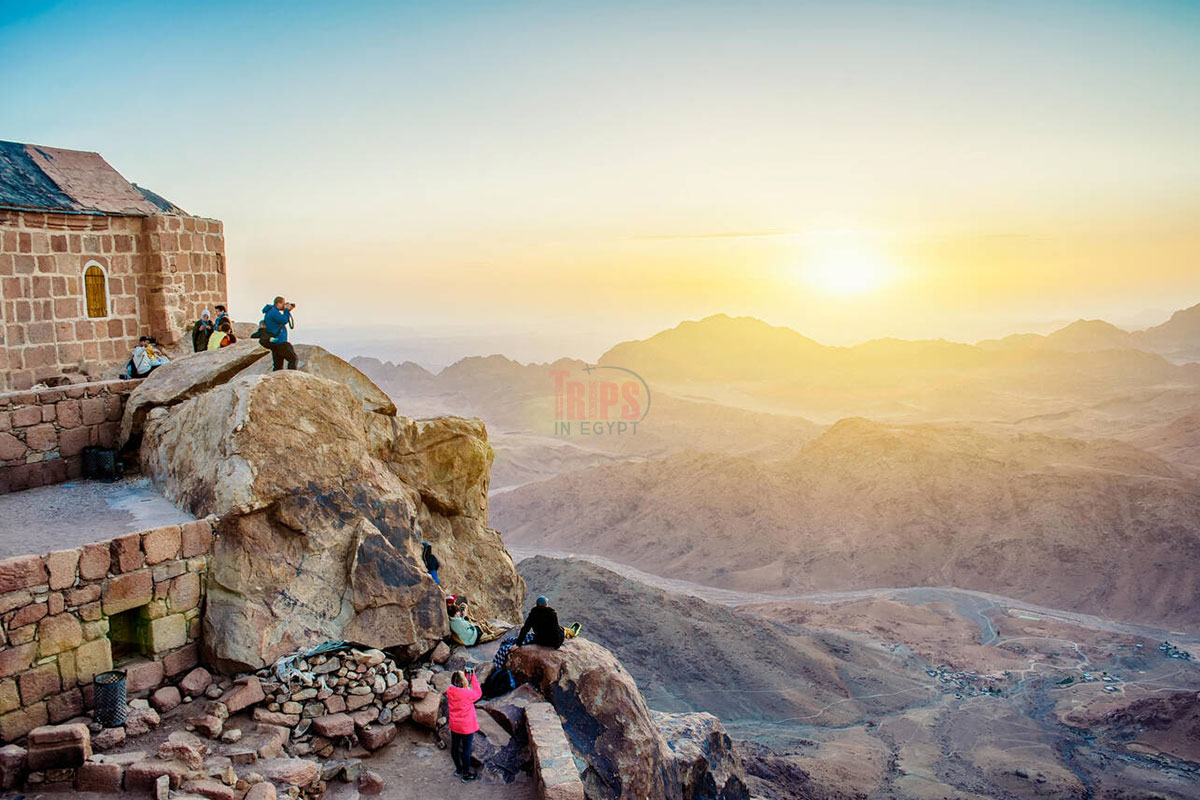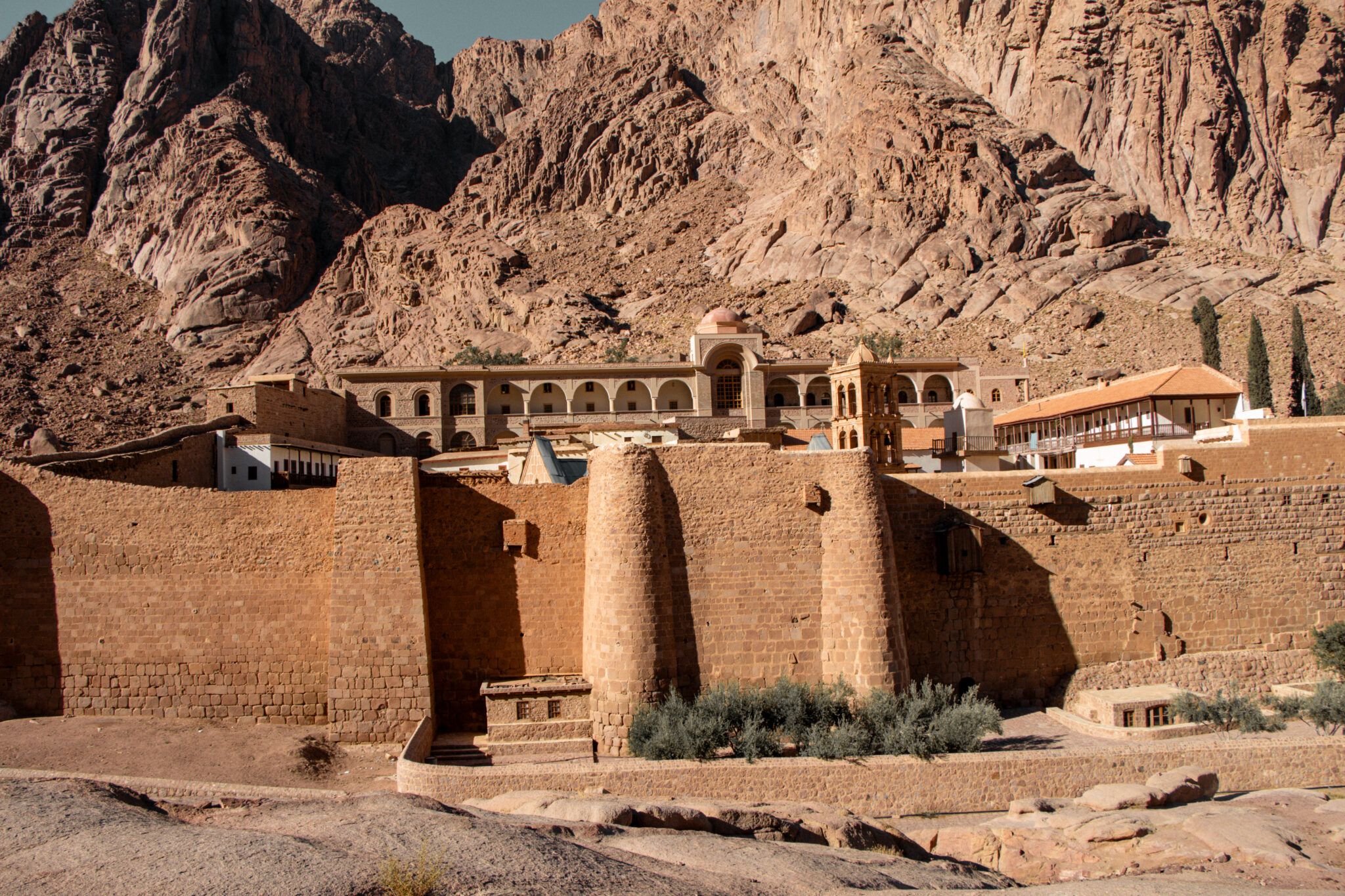Table of Contents
- Mount Sinai Health System
- Mount Sinai, Egypt I Best world walks, hikes, treks, climbs I ...
- Hiking Mt. Sinai: Our Experience and What You Should Know
- Golden Calf altar of Aaron – Mount Sinai in Saudi Arabia
- The Mount Sinai Hospital - Micurae
- The Mystery and Majesty of Mount Sinai - Discovering Christianity
- Hiking Mt. Sinai: Our Experience and What You Should Know
- Mount Sinai Medical Center – Engberg Anderson Architects
- Mount Sinai: Location, History, Facts & Things to Do
- Where Is Mount Sinai? Part 1: Not in Saudi Arabia | ArmstrongInstitute.org



Introduction to Mount Sinai



Biblical Significance of Mount Sinai
.jpg.jpg)
The biblical account of Mount Sinai is not only a historical event but also a spiritual experience. The mountain is seen as a symbol of God's power, majesty, and holiness. The event marked a turning point in the history of the Israelites, transforming them from a group of slaves to a nation with a distinct identity and purpose.

Archaeological Evidence and Controversies
The location of Mount Sinai has been a subject of debate among scholars and archaeologists. While the traditional site is identified as Jebel Musa in the Sinai Peninsula, some researchers argue that the actual location may be in other regions, such as Saudi Arabia or Jordan. Despite the controversies, the biblical account of Mount Sinai remains a powerful and enduring symbol of faith and spirituality.
Relevance of Mount Sinai in Modern Times
The significance of Mount Sinai extends beyond its historical and biblical context. The mountain represents a universal symbol of spiritual aspiration, reminding us of the importance of moral values, ethics, and faith. In an increasingly secular world, the story of Mount Sinai serves as a reminder of the transcendent and the sacred.In conclusion, Mount Sinai is a mountain with a rich biblical history and profound spiritual significance. Its importance extends beyond its geographical location, representing a universal symbol of faith, morality, and spirituality. As we reflect on the story of Mount Sinai, we are reminded of the enduring power of the biblical narrative and its continued relevance in modern times.

